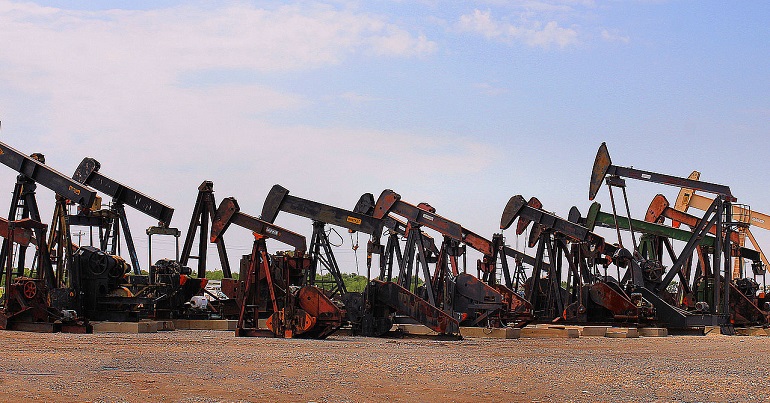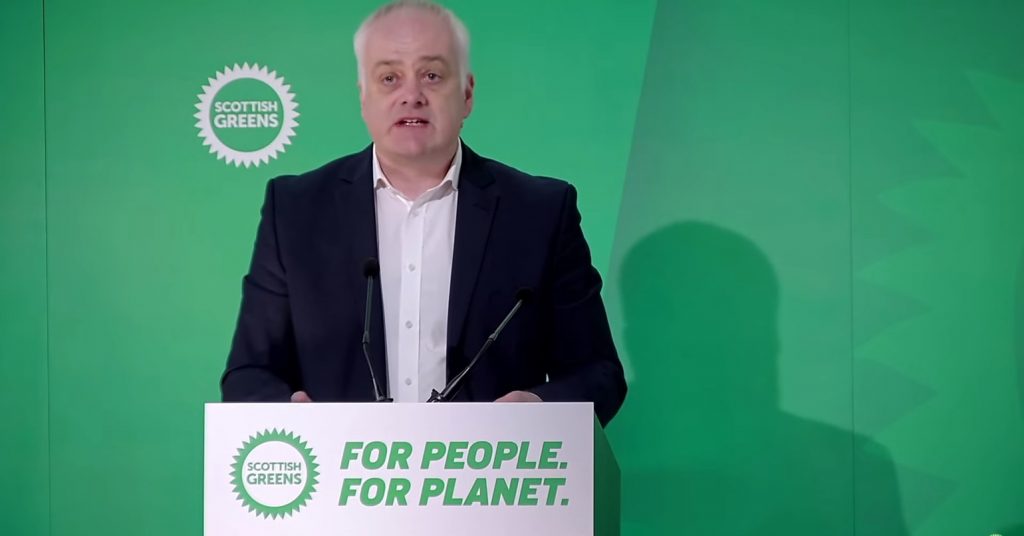We can’t let the coronavirus induced economic crisis drive a mass investment in carbon intensive industries

By every conventional measure the UK economy is in crisis. And it’s set to only get worse.
Like in every recent economic crisis, central banks are stepping in and deploying their vast power in an attempt to stabilise asset markets. As initial interest rate cuts prove ineffective, they are like to move on to unconventional measures, however previous research suggests that this could prove catastrophic for the planet supporting carbon intensive firms at a time when the planet cannot afford it.
Conceptualised as neutral actors, the effects of central bank interventions on the world beyond bank balance sheets and stock prices has often been less scrutinised than government spending. However, this does not mean that their role is not critical. The Bank of England, in 2009 injected liquidity into the system via mass purchase of bonds. Over the next decade it spent £435bn in its quantitative easing programme. This was credited along with similar action from central banks around the world with preserving the world economic system and the financial sector more directly.
Much of the Bank of England asset purchases consisted of UK government bonds – designed to reduce the cost of borrowing to the lowest it has been in history. However, some of it went to wider bond purchases. The Bank of England is not allowed to discriminate in its purchases other than by risk categorisation. It needs to remain market neutral. This is because we don’t want central bankers deciding what gets financed based on their own values and interests.
One of the problems with this is this tends to favour established firms with records of good credit ratings. This in practice means that a Polish utility investing in a coal plant will be more likely to have its bond purchased than a renewable energy developer. Central Banks will purchase corporate debt depending on the volume available on markets regardless of it’s social purpose.
At the moment the most indebted corporate actors are often fossil fuel firms meaning they have more debt on markets and receive more Bank of England subsidy. Repeated studies have demonstrated that the asset purchasing of the 2010s saw banks develop a portfolio that was significantly more carbon intensive than the market average. A study from the London School of Economics showed that the Bank of England purchased bonds of no renewable energy firms in its asset purchase programme.
As Carbon Bubble has been showing for more than a decade now, the logic that says coal assets are safe while wave energy is risky is distinctly suspect. Moreover, continued investment in these projects undermines climate action and a just transition.
This is not radical. Even the Bank of England have acknowledged the problem. Building on the work of his predecessor Mark Carney, Andrew Bailey responded to an initiative by Positive Money to shift the banks portfolio towards supporting a carbon free world.
However, in the current crisis this policy change is unlikely to come into effect before the Bank engages in it’s latest round of Quantitative Easing and asset purchasing. Greens are already calling for a peoples quantitative easing focused on supporting pensions. And there’s scope for them to go much further.
Greens should not accept the uncritical subsidy of established market actors and a bailout of the fossil fuel sector at a time when their fundamental unsustainability is being exposed. The European Central Bank has already increased its bond purchases while the Federal reserve has pumped billions into the market. The Bank of England is about to unveil its ‘market stability mechanisms’ and it will be widely welcomed as supporting an economy in freefall. But they should be challenged to not support and lock in the climate crisis, and not to give away to firms that have held us back for years. Instead, they must be called upon to direct finance towards building a more resilient cleaner economy.
Image credit: Larry D Moore – Creative Commons




Leave a Reply